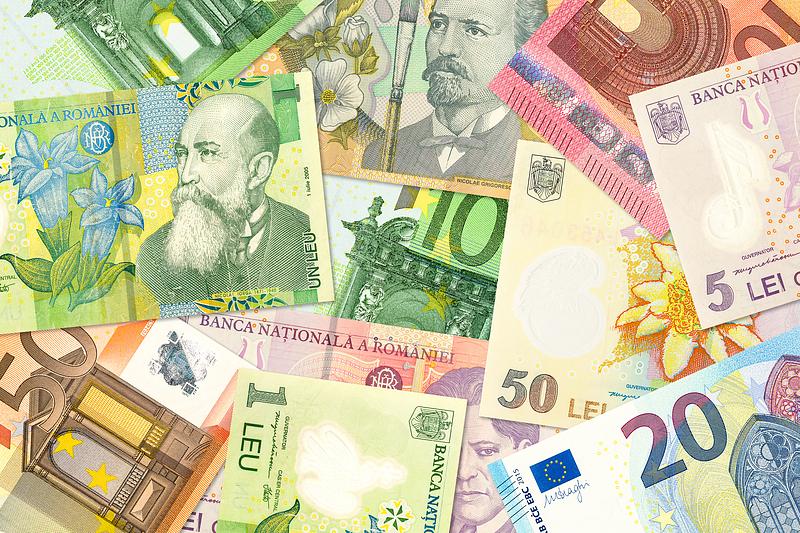Bank lending gains momentum in Romania amid weak financial intermediation



The stock of bank loans in Romania increased by 10.1% year-on-year (YoY) as of the end of May, to RON 296.27 bln (EUR 60.2 bln), accelerating from 8.3% YoY one month earlier and 5.5% YoY at the end of December, the National Bank of Romania (BNR) reported on June 23.
The “euroisation,” namely the denomination of bank loans in foreign currency, has constantly lost momentum, and the local currency-denominated loans rose by 15.4% YoY at the end of May, from 13.5% YoY one month earlier and 8.5% YoY at the end of 2020.
In contrast, the stock of loans denominated in foreign currency contracted by 1% YoY at the end of May, and it also posted negative annual dynamics in April (-2.6% YoY) and at the end of 2020 (-0.6% YoY).
As a result, the share of foreign currency-denominated loans contracted to 29.4% at the end of April from 32.7% one year earlier.
The decline is relevant but moderate therefore the euroisation remains significant, with a visible impact on the central bank’s careful exchange rate management.
Another issue pointed to by BNR governor Mugur Isarescu in a speech on June 23 is the weak level of financial intermediation.
Even if the statistics do not capture particularities (because they do not include the credit obtained directly from foreign banks or the one provided by IFNs), this figure [the bank loans to GDP ratio] is very low and represents a real concern for all experts, Isarescu stated.
With the development of the banking sector and the fall in inflation after 2000, intermediation increased dramatically to a maximum of about 40% of GDP in 2008-201; after the adjustments imposed by the global financial crisis, it has significantly decreased, reaching a minimum of 25.3% in 2019, Isarescu explained.
It started to increase slightly again to 26.8% in 2020, but also as a result of the decrease of the gross domestic product.
(Photo: Henning Marquardt/ Dreamstime)
iulian@romania-insider.com